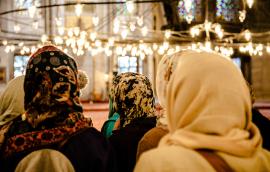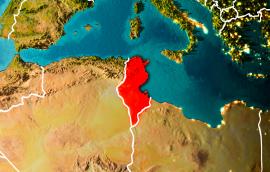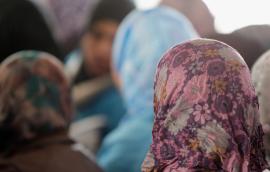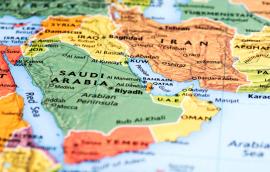Trump's Sanctions On Iran Just Handed A Big Victory To Russia
The unintended consequences of tougher U.S. sanctions on Iran continue to accumulate, including stronger ties between Saudi Arabia and Russia and an expansion of Russian geopolitical power, graduate fellow Peter Volkmar writes in a post for the Forbes blog: http://bit.ly/2CS9FE5.
Peter Volkmar October 30, 2018








